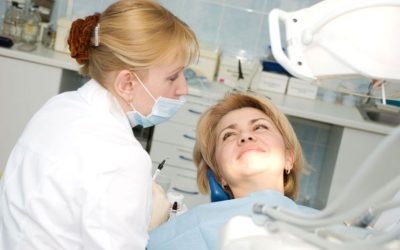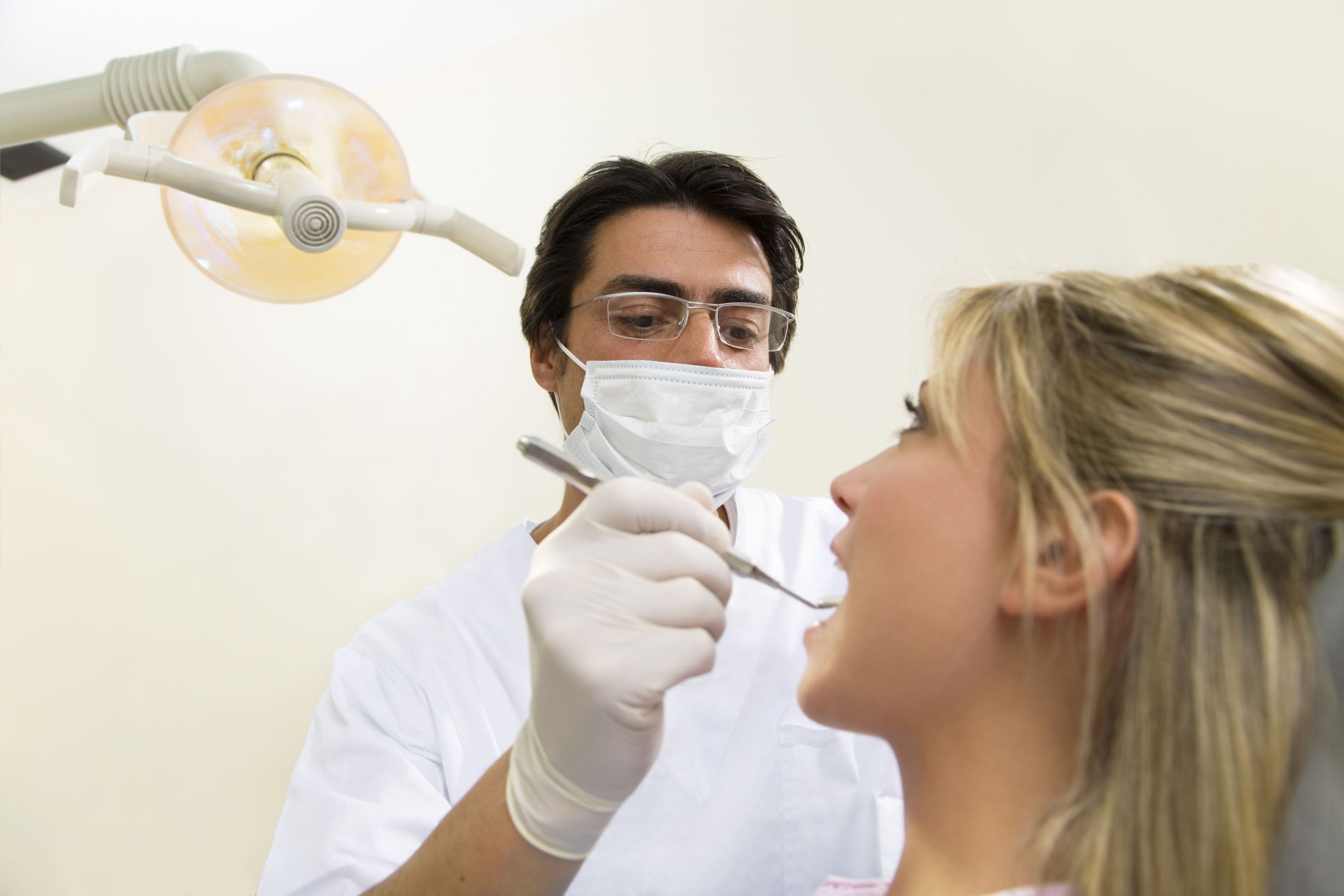If you are in need of an Emergency Dentist Clifton, you have the option to enter the practice as a walk-in to receive these services without scheduling an appointment. The services are extended to patients new and old who are suffering due to sudden breaks or chips in their teeth that cause pain. The experienced dentist typically works these patients into their schedule the day they arrive. If the incident requiring these emergency services occur after normal business hours, local dentists are available to provide these services to patients. Most dentists have an after hours contact number for such emergencies within their business listing within the regional telephone directory or online.
The emergency services cover the loss of fillings, broken crowns, and extractions. A dentist provides these services to prevent the patient from remaining in pain due to exposed nerves and air entering the tooth. Infected wisdom teeth are another emergency situation which dentists will provide after hours services. These occurrences are dangerous and require antibiotics prior to the extraction of the tooth. They often occur when wisdom teeth become broken or impacted. Extractions are not limited to only wisdom teeth. Dentists will pull teeth that are not repairable to end the pain of the patient. A solution for replacement is typically arranged through normal business hours and requires an appointment. This is not the case for exposed cavities, which dentists providing the emergency care will repair to prevent further damage and pain. Replacement of crowns is a covered service on an emergency basis.
An insurmountable amount of life events may result in the need for an Emergency Dentist Clifton. These occurrences could include consumption of hard foods or even a fall where the face is injured. Regardless of the reason, the breakage happened emergency dental care is provided. The services are not limited to existing patients either. Some dentists offer emergency repairs for new patients based upon the extent of pain experienced and damage. The main reasons for the service is to prevent further damage of the affected tooth, to end the pain of the patient, and to ensure infection does not set in.


